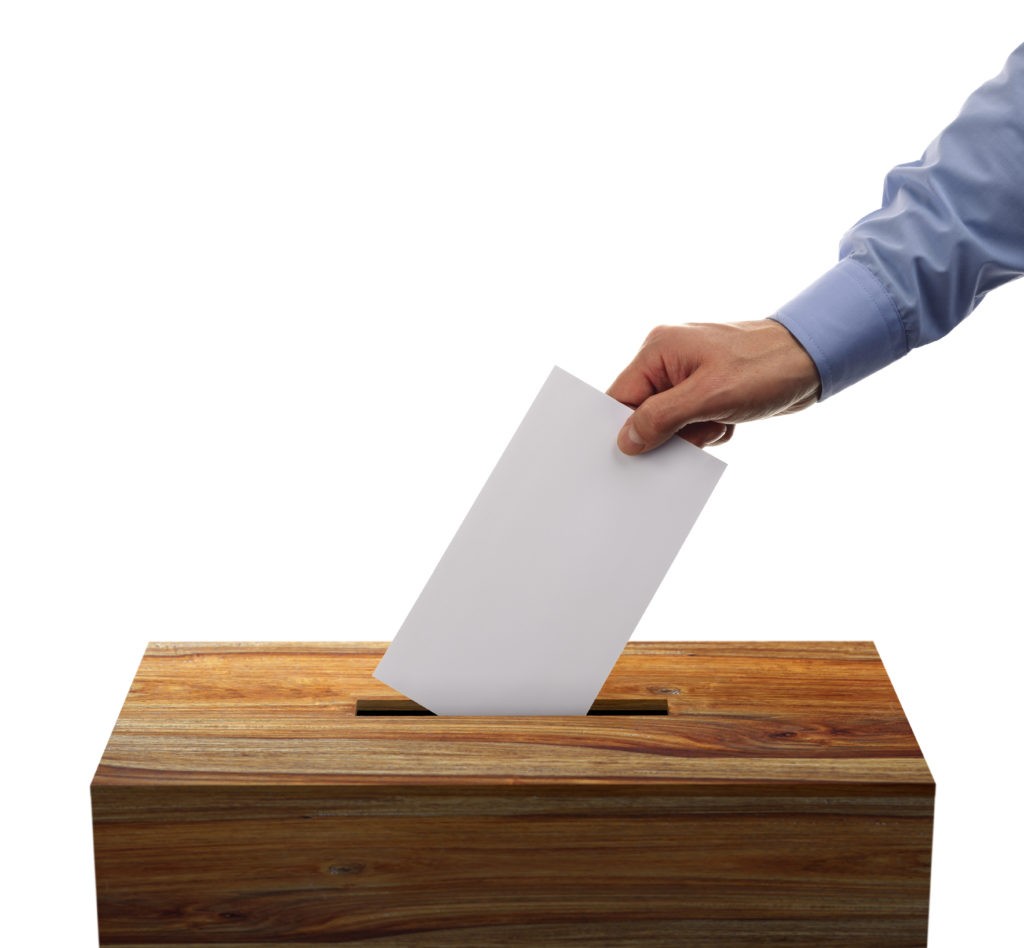
The Republic of Ireland was, last month, the first country to use a popular vote to decide whether to recognise and make legal same sex marriage.
In order to decide whether marriage should be recognised, irrespective of sex, all voters were asked the same, single question: ‘Marriage may be contracted in accordance with law by two persons without distinction as to their sex.’ People were then asked to state whether they agreed or disagreed with that statement. The result; 62% of voters said yes.
Civil partnership was already legal in Ireland but same sex couples felt that it did not offer them parity with heterosexual couples. The phrase “civil partnership” was never popular with the same sex community and the new legislation for “marriage equality” will afford same them the same status and legal protections as same heterosexual couples.
In rural Ireland, the church has a strong and continuing influence and opposition to the “yes” vote was stronger. Their position was that marriage is linked with the concept of “the family” and children have a right to a mother and father.
However, despite the feeling that Ireland held very traditional views, the referendum means that the first same sex marriages will take place in August or September this year. There will now be added pressure on Northern Ireland to follow suit and legislate in favour of “equal marriage”.
